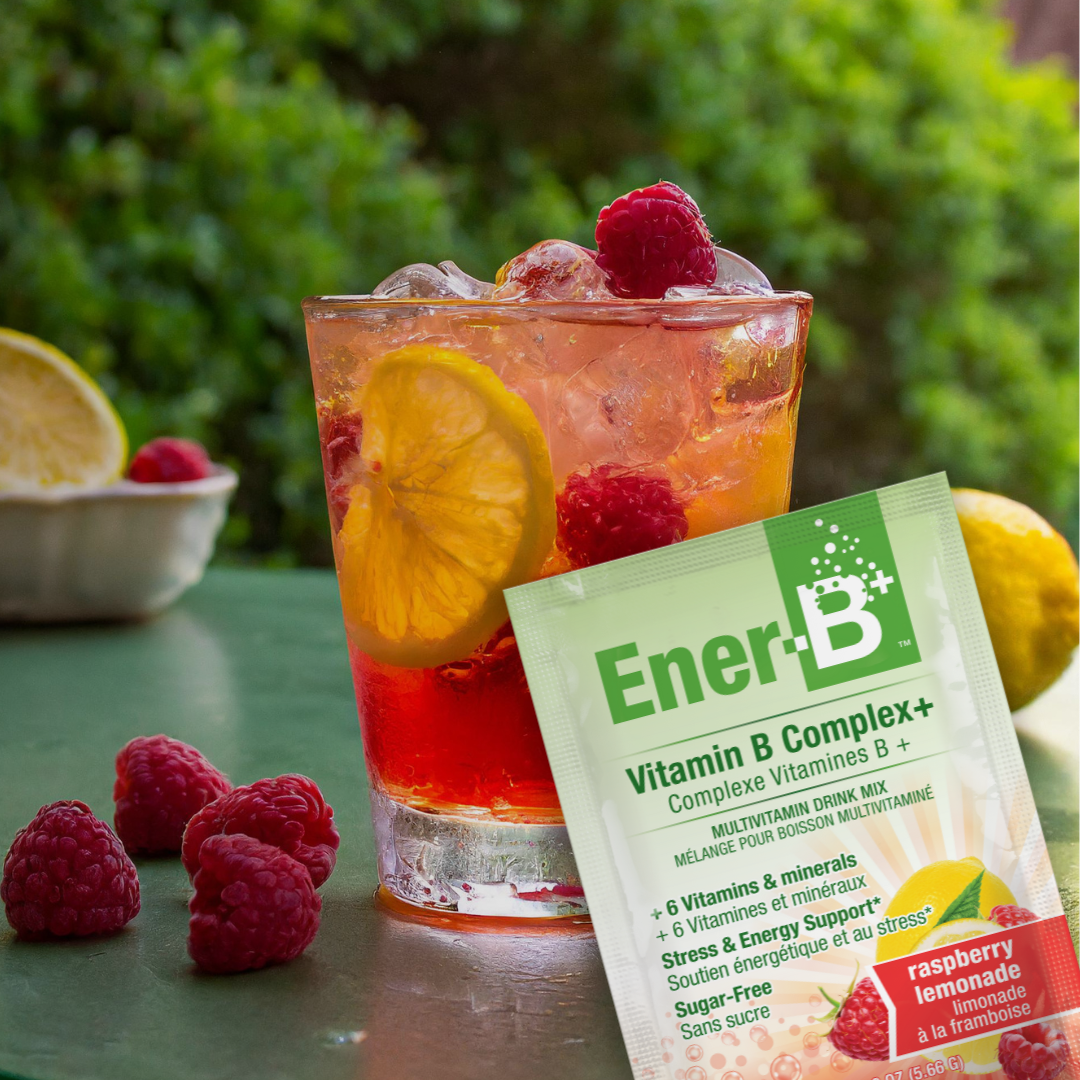
What is Biohacking?
In an age where technology intersects with every aspect of our lives, the concept of 'biohacking' emerges as a fusion of biology and hacking to optimize human performance and well-being. But what does biohacking really entail? Is it about futuristic technologies and sci-fi scenarios, or does it ground itself in more accessible and natural practices?
Biohacking might sound like a concept from a dystopian novel, yet it's deeply rooted in understanding the science of human biology. At its core, biohacking involves making strategic changes to your lifestyle and environment to enhance your body's natural functioning—turning the science of life into a tool for optimizing health.
Scientific Insights into Biohacking
The scientific community views biohacking through various lenses—from genetic engineering and synthetic biology to nutritional genomics and environmental hacks. Recent studies shed light on how certain lifestyle modifications, like adjusting sleep patterns, diet, and physical activity, can significantly influence longevity and health.
For instance, research in the field of epigenetics has demonstrated how diet and environment can affect gene expression, potentially delaying aging and improving health outcomes. Similarly, advancements in neuroscience propose that mindfulness and mental training can enhance cognitive functions and mental health, proving that biohacking isn't just about physical health but mental well-being too.
Natural Ways to Enhance Longevity
Forget the notion of injecting yourself with untested serums or the need for radical surgical enhancements. The secret to effective biohacking lies in simpler, more natural methods that align with scientific research:
Balanced Nutrition:
Maintaining a balanced diet rich in antioxidants, vitamins, and minerals is essential for combating oxidative stress, a key factor in aging and cellular damage. Vitamins such as Vitamin C and B vitamins are particularly vital due to their roles in immune support and metabolic health
- Vitamin C: Known for its antioxidant properties, Vitamin C helps protect cells from oxidative stress and supports the immune system. Studies have shown that higher Vitamin C intake is associated with a reduced risk of chronic diseases and may contribute to longer lifespan. For those unable to meet their needs through diet alone, supplementing with Ener-C can be an effective way to ensure adequate Vitamin C intake, supporting overall health and longevity.
- B Vitamins: The B vitamins, including B6, B12, and folate, are essential for maintaining energy levels, brain function, and cellular metabolism. Research indicates that these vitamins can help reduce levels of homocysteine, a risk factor for heart disease, and support brain health, potentially lowering the risk of developing Alzheimer's disease. In cases where dietary intake is insufficient, Ener-B+ B Vitamin Complex Drink Mix can help fill the nutritional gap, providing your body with the B vitamins it needs daily to function optimally.
Including natural sources like citrus fruits and whole grains in your diet, along with supplements like Ener-C and Ener-B+, ensures a robust intake of these critical nutrients, supporting cardiovascular health and cognitive functions effectively.

Regulated Sleep Cycles:
Quality sleep is paramount. Research has consistently linked adequate sleep with longevity and reduced risk of chronic diseases. Techniques such as reducing blue light exposure before bedtime and maintaining a regular sleep schedule can help enhance sleep quality.
Physical Activity:
Regular exercise not only improves physical health but also contributes to a longer lifespan. Studies suggest that moderate to vigorous physical activity can enhance telomere length, a biomarker of aging at the cellular level.
Mindfulness and Stress Reduction:
Chronic stress can accelerate aging and impair cognitive functions. Techniques like meditation, yoga, and deep-breathing exercises can reduce stress and improve mental clarity and resilience.
Community and Social Engagement:
Strong social ties have been linked to longer and healthier lives. Engaging in community activities and maintaining close relationships can improve mental and emotional health, contributing to overall well-being.
Navigating the Biohacking World Safely
While biohacking opens up exciting possibilities, it's crucial to approach it with caution and skepticism. Not all biohacking practices are supported by solid scientific evidence, and some can even pose risks to your health. Always consult healthcare professionals before embarking on any new health regimen, especially those that involve supplements or radical lifestyle changes.
Conclusion: Embracing a Balanced Approach to Biohacking
Biohacking is not about striving for immortality or radically transforming the human condition, but rather about understanding and working with our biology to live healthier, longer lives. By adopting a balanced approach that combines scientific insights with natural, proven methods, we can all harness the power of biohacking to enhance our health and well-being.
As we continue to explore the capabilities and limits of biohacking, let us remain mindful of our bodies' needs and the scientific principles that guide safe and effective health practices. The journey to enhanced health and longevity is a personal one, and biohacking provides an array of tools to help us on our way.
Research:
https://www.sciencedirect.com/science/article/pii/S2667137921000266
https://www.ncbi.nlm.nih.gov/pmc/articles/PMC8470960/
https://www.nature.com/articles/s41598-022-27247-y.pdf
https://www.sciencedirect.com/science/article/pii/S0149763423004220
https://www.ncbi.nlm.nih.gov/pmc/articles/PMC9518606/
https://www.ncbi.nlm.nih.gov/pmc/articles/PMC8050203/
https://www.ncbi.nlm.nih.gov/pmc/articles/PMC9398900/
https://www.nature.com/articles/s41586-020-2975-4
https://www.biorxiv.org/content/10.1101/2024.07.24.604939v1.full
https://pubmed.ncbi.nlm.nih.gov/28522092/
https://pubmed.ncbi.nlm.nih.gov/31036563/
https://pubmed.ncbi.nlm.nih.gov/25540588/
https://ajcn.nutrition.org/article/S0002-9165(23)17094-8/abstract
https://ajcn.nutrition.org/article/S0002-9165(23)29331-4/fulltext

